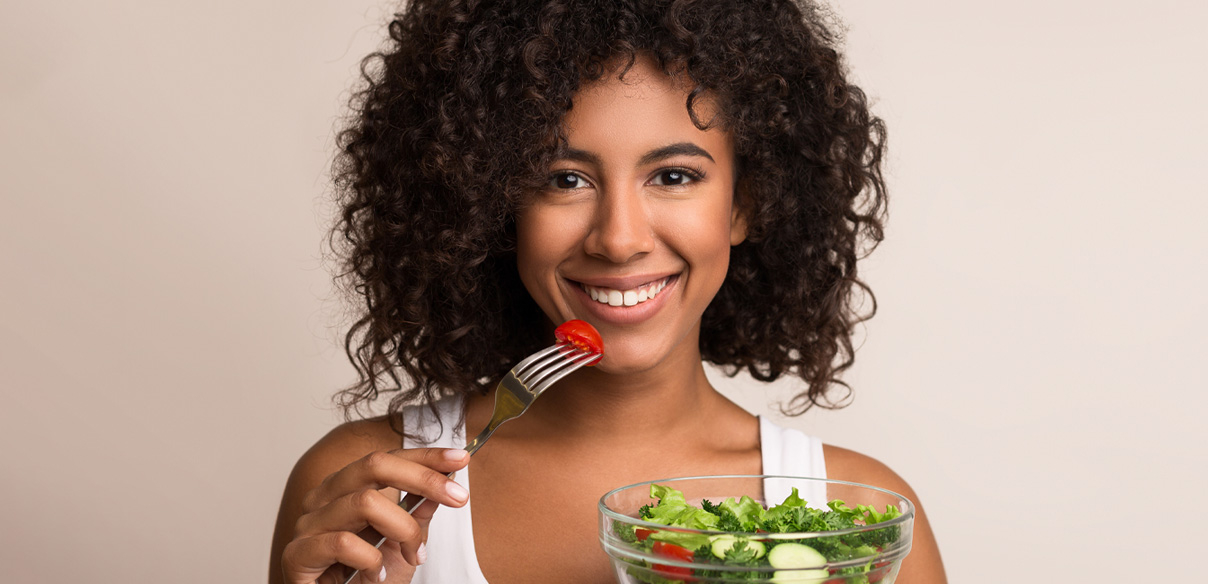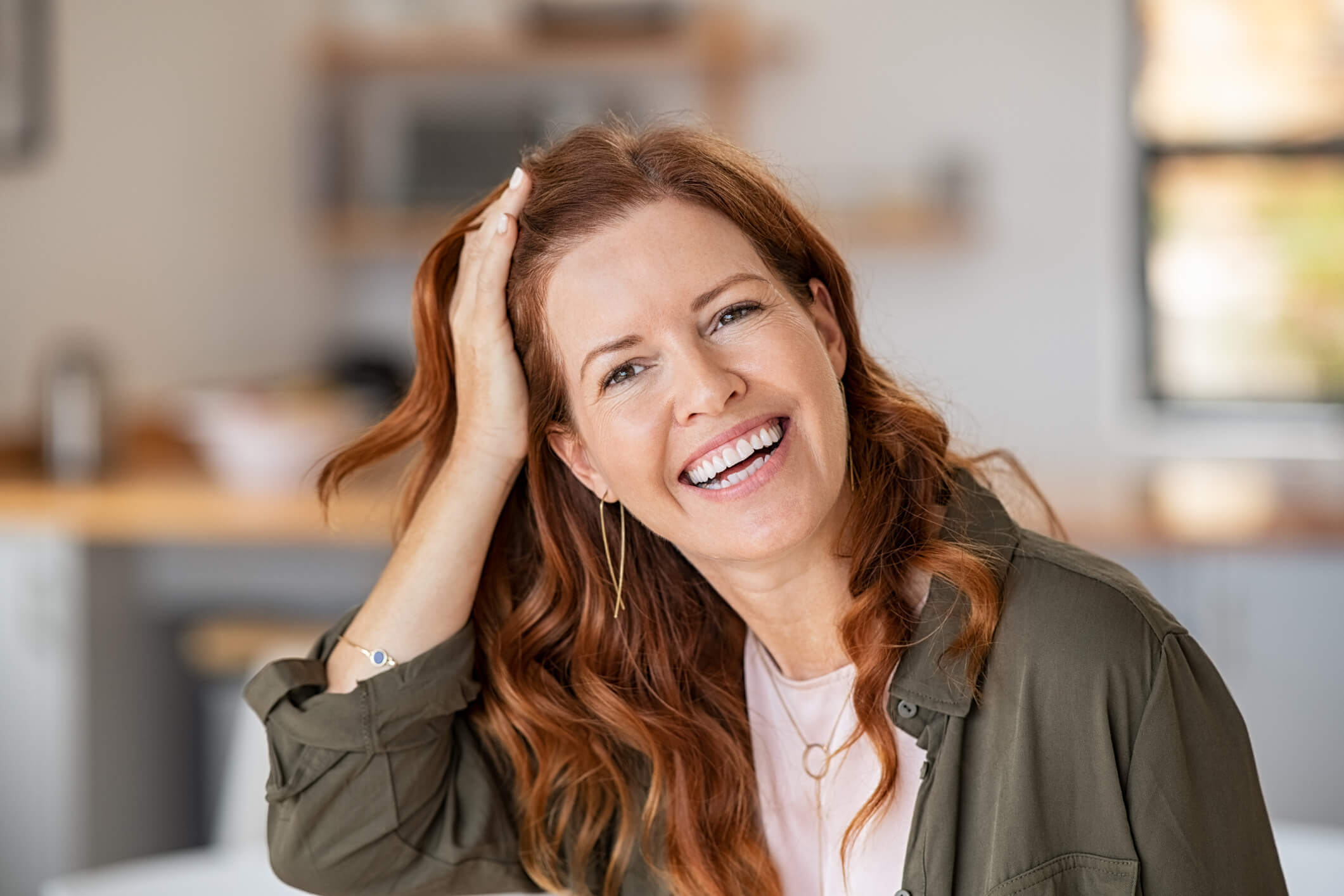By including certain nutrients in your diet, you can improve your hair health and help fight hair loss, among other things.
Are you noticing that your hair is dull, brittle, or that you’re losing more than usual? The problem may be your diet. Alongside a series of other factors that can aggravate hair loss, diet plays a fundamental role in the health of your hair.
But what are the best nutrients and foods for strong hair? Read on to find out more.
A diet rich in vitamins to strengthen your hair
Of the range of vitamins available, those from group B and D are definitely most likely to improve the health of your hair. For example, it is widely accepted that a deficiency in vitamin B8 can lead to hair loss.
For beautiful hair, it is therefore in your best interest to integrate these elements into your diet. All that’s left is to find out which foods they are contained in. Generally speaking, the various forms of vitamin B are mainly present in meat, fish and offal. Vitamin B8 is also found in egg yolks, nuts, cauliflower, bananas and mushrooms.
fish and offal. Vitamin B8 is also found in egg yolks, nuts, cauliflower, bananas and mushrooms. Vitamin D has also been shown to play a role in the functioning of the hair cycle. Vitamin D deficiency has been found in patients with hair loss1, demonstrating that a balanced diet can help maintain healthy hair. Vitamin D is found in food, particularly in fatty fish, eggs and cottage cheese2, as well as being known as the sunshine vitamin due to the human body’s ability to synthesise it naturally under the effect of UV rays.
Iron and magnesium to fight hair loss
To further strengthen your hair health and fight against hair loss specifically, there are two microelements that prove to be essential: magnesium and iron.
The first helps combat one of the factors that can cause hair loss, namely stress. Magnesium also has a soothing effect that defuses situations of intense stress and limits the impact of this stress on your hair. In addition, magnesium, like other nutrients (zinc, calcium, etc.) contributes to the appearance of your hair. Magnesium is found in a wide range of foods: cocoa, seeds, oilseeds, legumes, seafood, etc.
Iron, on the other hand, contributes to the nutrition and oxygenation of hair reproduction cells, by facilitating the circulation of blood in the scalp. To fill up on iron in your diet, you should turn to dried fruits and offal, as well as red meats.
Note that amino acids such as cystine3 or even microelements such as zinc also help strengthen the vitality of your hair. A balanced diet should in principle make it possible to fill up on these different elements naturally, however a course of food supplements once or twice a year, during seasonal changes, can allow you to compensate for any deficiencies.
Good to know
Strictly vegetarian diets, excluding meat, fish and offal from the diet, can lead to deficiencies in iron, zinc and group B vitamins. This can seriously impact the health of your hair. If you are in this position, don’t hesitate to use food supplements containing these elements.
1. Saini, K, Mysore, V. Role of vitamin D in hair loss: A short review. J Cosmet Dermatol. 2021; 20: 3407– 3414. https://doi.org/10.1111/jocd.14421
2. https://www.data.gouv.fr/fr/datasets/table-de-composition-nutritionnelle-des-aliments-ciqual/#:~:text=Description,sel%2C%20vitamines%2C%20min%C3%A9raux%E2%80%A6)
3. "Let Food be Thy Medicine": Value of Nutritional Treatment for Hair Loss Ralph M Trüeb 1 Int J Trichology. 2021 Nov-Dec;13(6):1-3. doi: 10.4103/ijt.ijt_124_20





